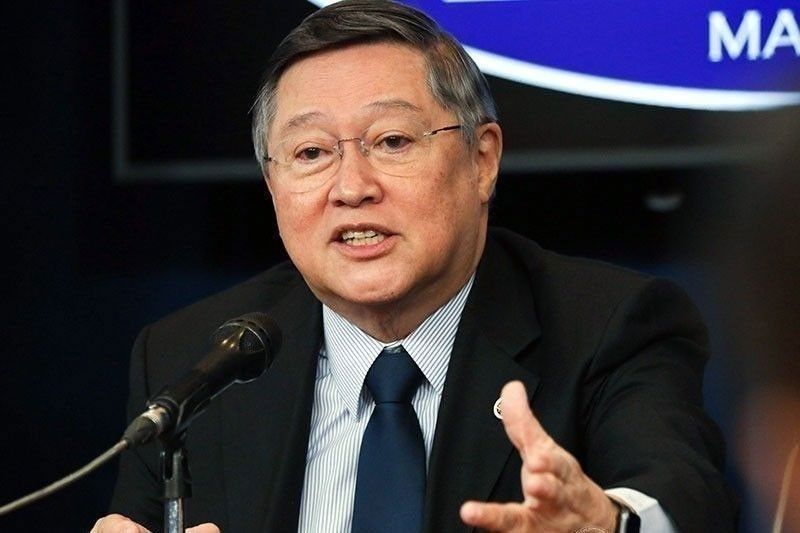Dominguez offers advice on avoiding debt trap

MANILA, Philippines — The Marcos administration can avoid falling into a debt trap, particularly to China, if the benefits of the projects it will pursue outweigh the costs of the loans it will take, according to former finance secretary Carlos Dominguez III.
“One way of avoiding the debt trap is by ascertaining that the project financed has an economic return higher than the cost of loan,” Dominguez said in a text message to reporters.
“Another [way] is to align the loan terms with those governing loans from respected international sources,” he said.
Dominguez issued the statement in response to a query as to why he withdrew before he left his post as finance chief the loan sought from China for the delivery of railway projects worth P276 billion. Last week, he warned the Marcos administration that Beijing will charge more than three percent in interest rate for the railway loans.
“I canceled application instead of keeping it in suspended animation. If you wish to pursue this, I understand that the Chinese financing agency will be asking for interest rates in excess of three percent,” Dominguez said in a text message to Transportation Undersecretary Cesar Chavez.
Chavez said in comparison, Japan offers loans with rates of as low as 0.1 percent, prompting the government to request China to lower its interest charge.
In spite of the terminated application, President Marcos ordered his economic team to return to the negotiating table with China to determine how the parties can move forward with the stalled railway projects.
Likewise, Chavez said the President also wants to explore the option of soliciting proposals from private funders, particularly for the P50-billion Subic-Clark Railway project and the P83-billion Mindanao Railway Phase 1.
However, Chavez said no private firm appears interested in paying for the cost of the Philippine National Railways Bicol Package 1 that seeks to link Laguna and Albay. In spite of this, Marcos instructed the economic managers to go after official development assistance and public-private partnerships (PPPs) only.
The President has removed from the table the possibility of the government bearing the cost of the new railways. This, as the government is consolidating its finances to reduce the budget deficit to three percent of the economy by 2028 from a record 8.6 percent last year.
In shifting to PPPs, Dominguez reminded the Marcos administration to allocate gains based on the risks taken by the two parties involved.
“For [a] PPP contract to be beneficial to the public, the terms must allocate returns according to the risks undertaken by both the public sector and the private investors,” Dominguez said.
- Latest
- Trending


























